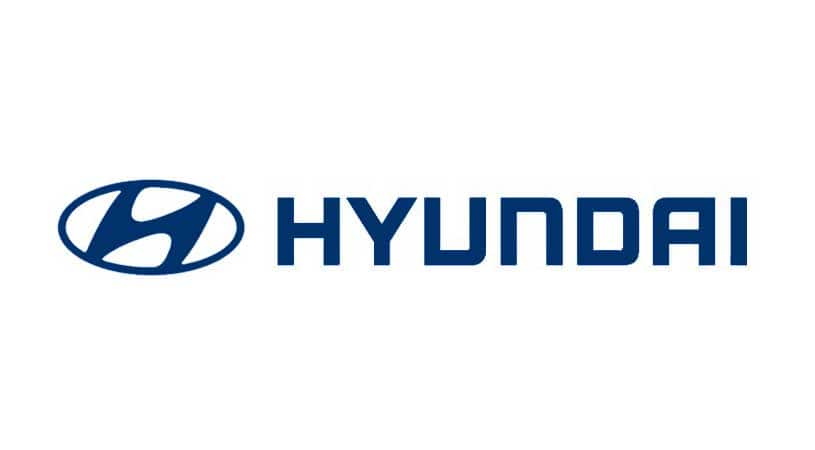Chennai: Korean automobile major Hyundai Motor is developing an electric vehicle for the mass market and will launch it in a couple of year’s time, said a top company official.
“Hyundai Motor is transforming into a mobility solutions provider from and automobile company,” S.S. Kim, Managing Director and CEO, Hyundai Motor India Ltd told reporters here late on Wednesday.
“The group is developing an electric vehicle platform for mass market in India. We develop cars for all and not just for ride hailing cab operator Ola where Hyundai has invested $300 million,” Kim said.
When queried as to the leverage Hyundai Motor has with its investment like Ola asking its driver partners to go for Hyundai Motor models, Kim said it is an important investment for the group.
In March, Hyundia Motor and its affiliate Kia Motors announced an investment of Rs 2,068 crore ($300 million) in Ola.
As per the agreement, the three companies will collaborate on building India-specific electric vehicles and infrastructure and developing unique fleet and mobility solutions, Hyundai Motor had then said.
The partnership will offer Ola drivers various financial services, including lease and instalment payments, while vehicle maintenance and repair services are expected to enhance customer satisfaction, Hyundai Motor had said.
Hyundai, Kia and Ola also agreed to coordinate efforts to develop cars and specifications that reflect the needs of the ride hailing market.
According to Kim, cost of the vehicle is an important determinant while catering for the mass market which in turn requires high level of localisation of components.
Declining to comment on the price band of the proposed electric vehicle targeted for the mass market, Kim said domestic suppliers are not geared up for the segment as the volumes are low.
Speaking about the company’s electric sports utility vehicle (SUV) KONA, he said the vehicle is for niche market.
On the company’s plans for hybrid vehicles, Kim said Hyundai Motor has the technology but the Indian government is not supportive of hybrid models so there is no incentive for the company.

